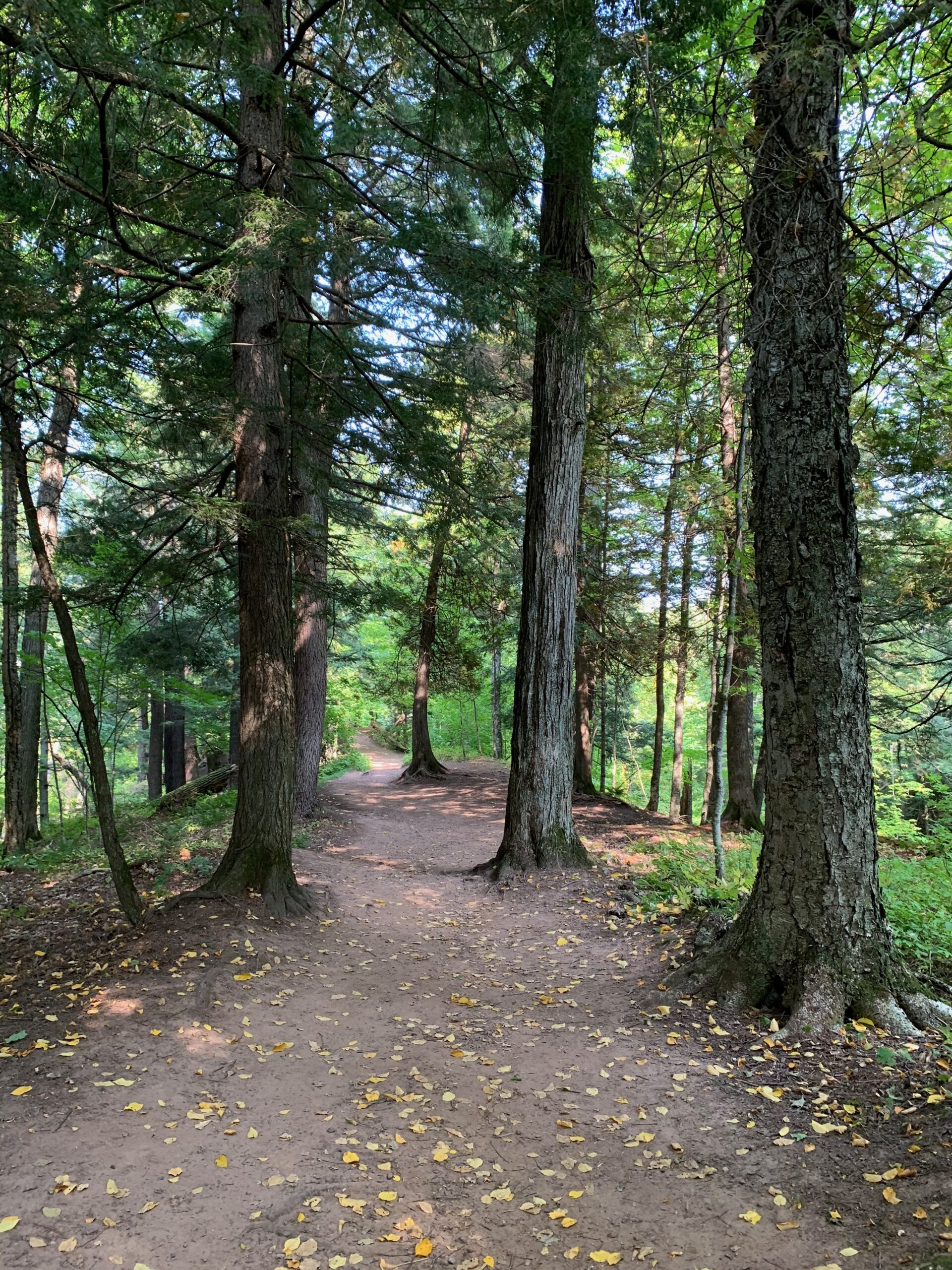It’s another dreary October afternoon in Michigan, and I’m longing for the good ol’ days of 2019 when we turned down autumn dinner party invitations because it was raining and not because we might die.
I hear it’s going to be a long, hard winter. I have no reason not to believe that.
While I’m grateful to be safe and healthy, my heart still breaks for those who have lost loved ones to COVID-19. To add grieving to everything else this hellish year has wrought is unimaginable.
Sometimes, I swear, 2020 itself feels a lot like grief to me.
If this seven-month-long pandemic were treated as a loved one’s death, where you go through the five stages of grief, then it’s about time for me to conquer them, don’t you think?
Easy for you to say.
As I’ve learned through 60 years of love and loss, grief doesn’t follow any specific order. Everyone processes loss differently, whether it’s one stage at a time or several sneaking up on you like a stealth bomber.
Dr. Elisabeth Kübler-Ross, who in 1969 wrote On Death and Dying, changed the way we talk about end of life. The Swiss-American psychiatrist first discussed the theory of the five stages of grief: denial, anger, bargaining, depression and acceptance.
To her credit, Kübler-Ross did not intend for the five stages to represent how people ought to grieve. She originally developed her theory to describe the process terminal patients go through as they deal with their own deaths.

A book Kübler-Ross co-wrote with David Kessler that was published in 2004 after her death, On Grief and Grieving, looks at the way we experience the process of grief. Her grief model was expanded to include any form of personal loss: death of a loved one, loss of a job, divorce, drug addiction, incarceration and so on. Kessler, now the world’s foremost expert on grief, proposed a new grief stage in his 2019 book, Finding Meaning: The Sixth Stage of Grief.
“I did not want to stop at acceptance when I experienced some personal grief. I wanted meaning in those darkest hours. And I do believe we find light in those times,” Kessler said in a March interview with Harvard Business Review.
During the COVID-19 pandemic, Kessler has applied the five stages of grief to help people deal with the virus. “It’s not a map, but it provides some scaffolding for this unknown world,” he says. To paraphrase his own words:
- There’s denial, which we say early on: This virus won’t affect us.
- There’s anger: You’re making me stay home and taking away my activities.
- There’s bargaining: OK, if I social distance for two weeks, everything will be better, right?
- There’s sadness: I don’t know when this will end.
- And finally, there’s acceptance: This is happening. I have to figure out how to proceed.
As you might imagine, acceptance is where the power lies, because that’s where we find control. Some examples: I can wash my hands. I can wear a mask. I can keep a safe distance. I can learn how to work virtually.
And what about meaning, that new sixth stage of grief, in these times of COVID-19? Kessler believes we can find meaning by connecting with each other more than ever through online technology, phone calls and long walks. With hope and faith, perhaps finding meaning will bring you some joy.
Feel the grief and keep going, my friends.
Just not to any dinner parties. Blame it on the rain.
(Top photo credit: The Peanuts Movie, 2015.)






4 Comments
Connie
So very true. Another good one. I always look forward to reading them!
Jennifer John
Thanks, Con. Appreciate that.❤️
Cheryl Evola
I thought this was excellent. I don’t want to get too philosophical, but it generated some thoughts. People grieve very differently; unfortunately, some never reach the sixth stage, or meaning. And, maybe there is no acceptable meaning, which is what we see in war, famine, crime, etc., where some sort of intervention may have prevented the loss. In these cases, maybe the “meaning” is a call to arms, an attempt to right the wrongs that caused the loss. We are all going to die; maybe the reason we do is what allows us to find acceptance and peace.
Jennifer John
Thanks, ce. That’s one of the deepest comments ever received on this blog site. Glad it struck your philosophical chord. And that you used a semicolon properly not once but twice!❤️